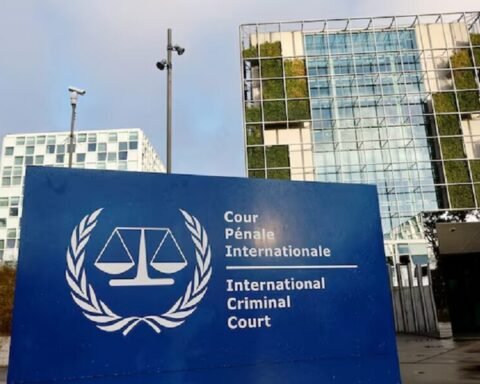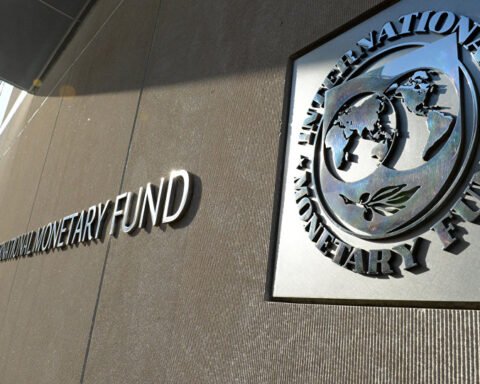A major diplomatic shift is underway as France prepares to formally recognise Palestine, with several Western nations poised to take the same step.
President Emmanuel Macron is expected to announce the move during a high-level session at the United Nations General Assembly, making France one of the most prominent Western powers to endorse Palestinian statehood.
This decision, long debated in international circles, comes at a moment of heightened urgency. The humanitarian crisis in Gaza and recurring cycles of violence have kept the Israeli–Palestinian conflict in global headlines, while diplomatic progress has remained elusive. By recognising Palestine, Macron hopes to revive the stalled two-state solution, offering Palestinians a sense of legitimacy and Israelis a chance to restart talks on more balanced ground.
Inside the UN building in New York, anticipation runs high. For Palestinian delegates, this moment represents decades of tireless advocacy for recognition on the world stage. For diplomats who have witnessed countless failed peace efforts, it signals an attempt to break the stalemate with a bold political gesture.
President Macron’s speech is expected to stress that recognition is not about rewarding extremism but about empowering moderates and creating a framework for dialogue. His message, aides say, is built on the principle that lasting peace requires dignity, legitimacy, and mutual respect.
Also Read; Trump Calls for Revoking Licenses of Critical TV Networks
But the decision is far from universally supported. Some critics in France warn that the move could strain relations with Israel and complicate ties with the United States. Others fear that without firm conditions, recognition might embolden hardliners rather than encourage compromise.
France will not be alone. Governments in the UK, Canada, Belgium, and Australia are signalling readiness to follow suit. Officials argue that coordinated recognition could reshape the diplomatic landscape, showing that the international community is committed to backing Palestinian statehood with more than words.
Still, questions remain about how recognition will translate into tangible change. The political divide between Gaza and the West Bank, Israel’s continuing settlement expansions, and ongoing security concerns cast doubt over whether this step can truly revive the path to peace.
Whether this recognition becomes a historic milestone or a symbolic gesture will depend on what comes next. If followed by negotiations, confidence-building measures, and international pressure for compromise, it could mark a turning point in one of the world’s most enduring conflicts. If not, it risks being remembered as another moment of hope without delivery.







